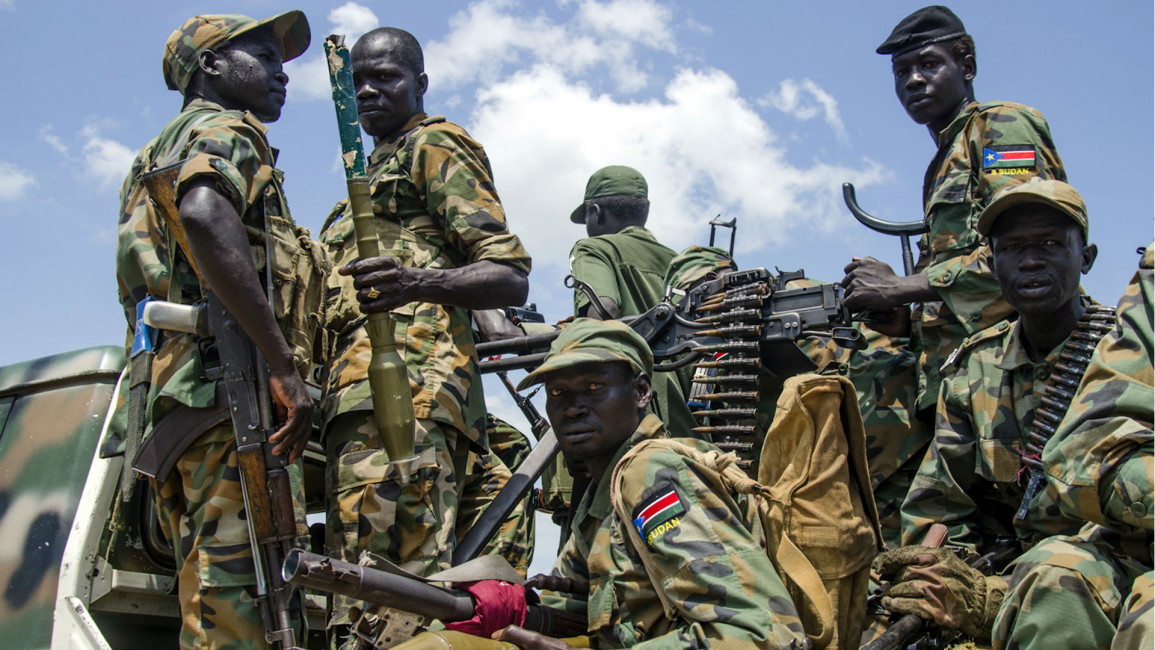UN rights council calls session for war-ravaged South Sudan
The session is scheduled for December 14, two weeks after UN human rights experts said ethnic cleansing was underway in the world's youngest nation, where violence has soared since a peace deal collapsed in July.
The one-day session is likely to weigh the experts' findings, which included evidence that starvation, gang rape and the burning of villages were being used as weapons during the conflict.
The panel of three United Nations experts released their findings after a visit to several of South Sudan's hotspots and described the country as being on the brink of "catastrophe".
In a statement, the rights council said the call for a special session had been backed by 16 of the body's 47 members, fulfilling the one-third support threshold needed for the session to go ahead.
That group was led by the US and includes European powers like Britain, France and Germany - as well as South Korea and several Latin American states.
A further 24 observer states to the council have also expressed support, according to the statement.
The rights council has held 26 special sessions in its 10 year history, most recently an October 21 debate on the humanitarian disaster in Syria's Aleppo.
South Sudan's current conflict began nearly three years ago when President Salva Kiir accused his former deputy and political rival, Riek Machar, of plotting a coup.
Fighting erupted in Juba in July, leading to a surge of violence around the country characterised by divisions between the country's 64 tribes.
In November, the UN secretary-general, Ban Ki Moon, said there was a "very real risk of mass atrocities" in a report to the UN’s Security Council, stressing that UN peace-keeping forces would be unable to prevent this from happening.
"It must be clearly understood that United Nations peacekeeping operations do not have the appropriate manpower or capabilities to stop mass atrocities," said Ban in his report.



